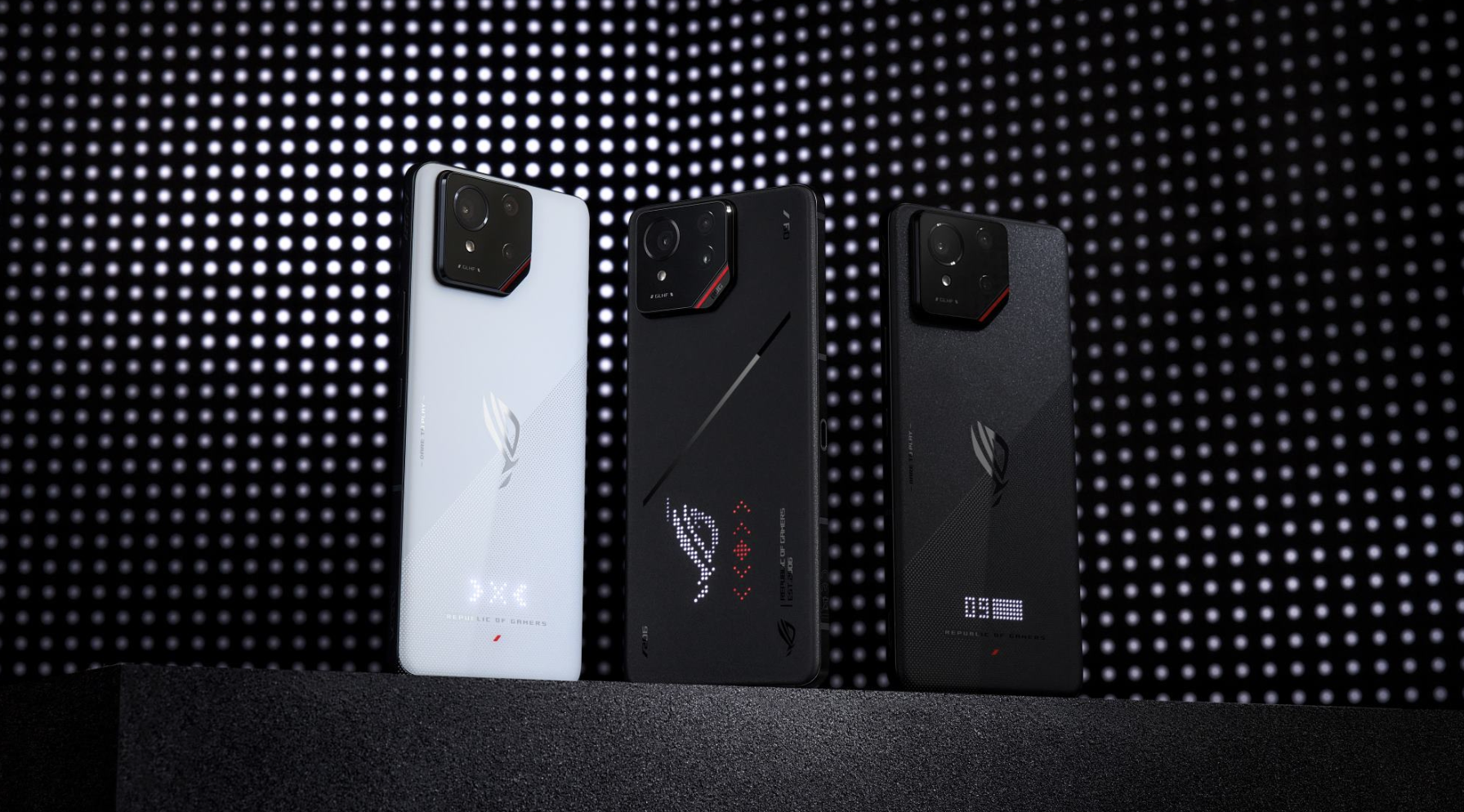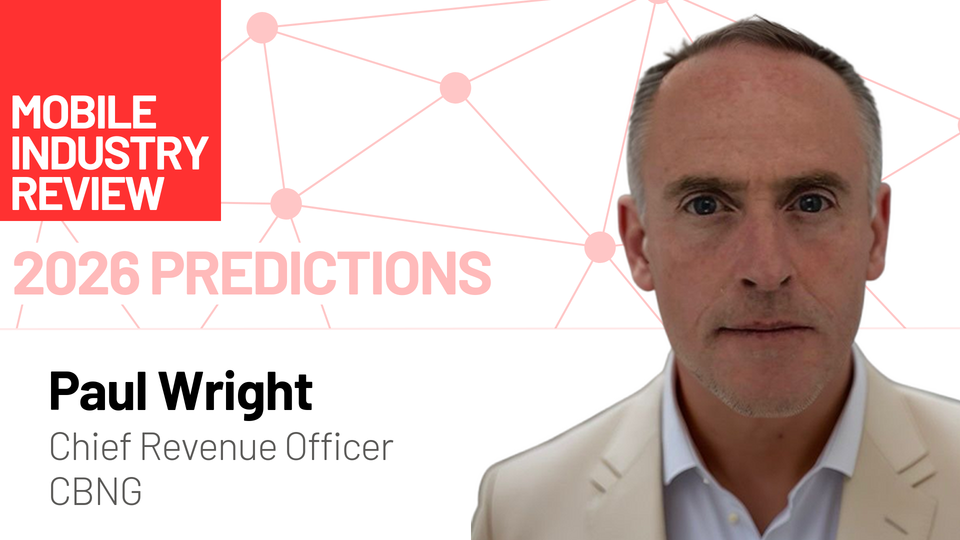Berkley Egenes, Chief Marketing & Growth Officer, Xsolla

Today we're meeting Berkley Egenes, Chief Marketing & Growth Officer at Xsolla. They specialise in providing global commerce solutions with robust tools and services to help developers solve the inherent challenges of the video game industry.
Over to you Berkley - my questions are in bold:
Who are you and what's your background?
I'm Berkley Egenes, Chief Marketing & Growth Officer at Xsolla. With over 20 years of experience, I specialize in brand strategy, growth marketing, and build partnerships across gaming, entertainment, and tech. In previous roles, I've led global campaigns for brands like Ghost Gaming, NEXTVR, Kellogg's, TCL, andAlcatel, and collaborated with major names like the USOC, NASCAR, NBA, NFL, Disney, and IBM.
I hold a marketing degree from Texas A&M and an MBA from Notre Dame.
What is your job title, and what are your general responsibilities?
My job title is Chief Marketing & Growth Officer at Xsolla. My responsibilities include leading global marketing, branding, growth strategy, communications, creative, events, and demand generation. I oversee how Xsolla positions its products and services worldwide, helping video game developers and publishers grow their businesses.
This includes driving user acquisition, launching campaigns, managing our global brand presence, and supporting revenue growth through strategic partnerships and go-to-market initiatives. My role bridges marketing, product and business development to ensure we deliver consistent, impactful messaging and scalable growth solutions across all channels and regions.
Can you give us an overview of your business and what drew you to lead the organisation?
Xsolla is a global video game commerce company that provides a suite of robust tools and services designed to help game developers and publishers launch, monetize, and scale their games across platforms and markets. We offer solutions like in-game purchases, web shops, subscriptions, anti-fraud, and global distribution - all focused on empowering developers to retain more revenue and reach a global audience.
What drew me to lead at Xsolla was the company's bold mission to bring games to billions of people around the world. Xsolla believes in the future of games and so do not only from the game play, but the story telling and technology behind what powers the vision of these game creators. . I saw an opportunity to combine my passion for gaming and marketing with a purpose-driven vision to support creators and build a more open ecosystem. I was all in from day one!
Who are your target customers? What's your revenue model?
At Xsolla, our target customers are game developers and publishers of all sizes - from indie studios to major AAA companies from LA to Southeast Asia, to Africa, the Middle East and everywhere in between. We support companies across PC, mobile, cloud, console, and web-based platforms.
Our revenue model is built around licensing and distribution support. Instead of requiring upfront fees, we partner with developers and publishers by providing the infrastructure, tools, and global distribution channels needed to bring games to market. We generate revenue through licensing arrangements and distribution services that scale alongside a game's success.
This ensures that our growth is tied directly to the growth of our partners. In addition, we offer custom enterprise solutions that extend beyond payments to cover publishing, marketing, and global reach. The goal is simple: align our success with the long-term success of the games we help deliver to players worldwide.
What's the most challenging problem your team has solved recently?
One of the most challenging problems our team tackled recently was helping developers understand and overcome platform restrictions and regain control over their monetization - especially in the mobile space.
With app stores updating their policies and taking revenue shares, many developers found it challenging to maintain a sustainable business. Our team responded by launching and scaling Xsolla Web Shop in 2021, a solution that allows developers to sell virtual goods and currency directly to players - increasing margins and improving user engagement.
Solving this involved technical, compliance, and marketing challenges across multiple regions - but the results have been game-changing. As a result we have had the opportunity to work with over 600+ games to develop the Web Shop DTC experience for the community and have helped to deliver billions through a new revenue channel for our partners.
If you had a magic wand, what one thing would you change in the mobile industry?
I'd change the revenue-sharing model imposed by app stores - giving developers more control and a fairer share of the income they generate.
Right now, many platforms take up to 30% of a developer's revenue, which can create challenges for innovation and smaller studios. I'd shift the balance of power back to creators by enabling more flexible, open monetization options - like direct-to-consumer sales and web-based commerce - so developers can build stronger relationships with their players and keep more of what they earn. It's about freedom, fairness, and sustainability.
What is your message for the larger players in the mobile industry marketplace?
Developers are the lifeblood of the industry. They deserve more control, transparency, and revenue from the platforms they help grow. Instead of relying solely on traditional monetization models, embrace innovation - support alternative payment methods, lower revenue shares, and invest in tools that empower creativity and scalability.
If the industry truly wants to thrive long-term, it needs to shift from gatekeeping to partnership. The future belongs to platforms that listen, adapt, and put developers and players first.
Where do you get your mobile industry news from?
I stay informed on the mobile and gaming industry through a mix of publications such as MobileGamer.Biz, PocketGamer.Biz, GamesBeat, and GamesIndustry.Biz. I also stay connected with peers, partners, and developers - real-time conversations often reveal trends before headlines do.
One of the biggest things we do as well is attend many tradeshows every year and to list to what the community is saying in real time. There is no better place to do this than in person at these events - both large and small events around the world.
Can you list 3 people you rate from the mobile industry that we should be following on LinkedIn, and why?
- I highly recommend following Adam Smart from AppsFlyer - his expertise in mobile attribution and growth marketing is incredibly relevant for anyone in mobile gaming. Adam shares practical insights on optimizing user acquisition and data-driven strategies that really move the needle.
- Nick Poole, CEO of Ukie, is another must-follow; he's a passionate advocate for the UK games industry and shares great perspectives on policy, innovation, and supporting developers not only in the UK but globally.
- Lastly, Dean Takahashi from GamesBeat offers sharp, timely coverage of gaming business and tech trends globally. Nothing happens in the industry without Dean being aware of it and sharing the story in an authentic and real way. Together these three bring a powerful mix of marketing expertise, industry advocacy, and journalism that's essential for anyone serious about the mobile gaming space.
What are your go-to mobile apps for both work and personal use?
For work, I rely heavily on several messaging platforms to stay connected with global teams, plus Linkedin for industry news and networking.
I also use gaming apps to unwind - always keeping an eye on emerging trends while enjoying some downtime! The best way to see what is happening is to get into a game and play it.
Tell us about your approach to mobile devices - what do you use and what drives your upgrade decisions?
I currently have an iPhone because it offers reliability, security, and seamless integration with my work tools. My upgrade decisions are driven by a need for better speed, battery life, and camera quality to support both work and personal use. I also consider how well the device supports the latest apps and innovations in mobile gaming and marketing analytics. Ultimately, I prioritize devices that help me stay productive on the go without sacrificing user experience or connectivity across my ecosystem of tools. This helps me to be more productive and sometimes get more work done on the iPhone than my mac because of the speed in which we operate.
What's the best new mobile technology product or service you've seen recently?
One of the best new mobile technology products I've seen recently is the Asus ROG Phone 9 Pro. It's built specifically for mobile gaming, with incredible performance, long battery life, and advanced cooling - exactly what gamers need to stay competitive on the go. The customizable triggers and streaming features really stand out, showing how mobile devices are evolving beyond just phones into powerful gaming platforms.

Finally, let's talk predictions. What trends do you think are going to define the next few years in the mobile industry?
Looking ahead, I believe a few key trends will define the industry.
- First, we'll see more developers moving toward direct-to-consumer commerce - using web shops and alternative payments to reduce reliance on app stores and keep more revenue.
- Cloud gaming and streaming will also grow, letting players enjoy high-quality games without needing top-end devices.
- AI will drive smarter, personalized experiences, both in gameplay and marketing. AI will also help us all to be more productive, not to replace jobs, but to enhance the work experience and productivity.
- And lastly, cross-platform play will become seamless, and privacy concerns will push companies to be more transparent about data.
These shifts will fundamentally change how mobile games are built, marketed, and monetized.
Thank you very much, Berkley!
Read more about Berkley Egenes on LinkedIn and find out more about Xsolla at xsolla.com.



